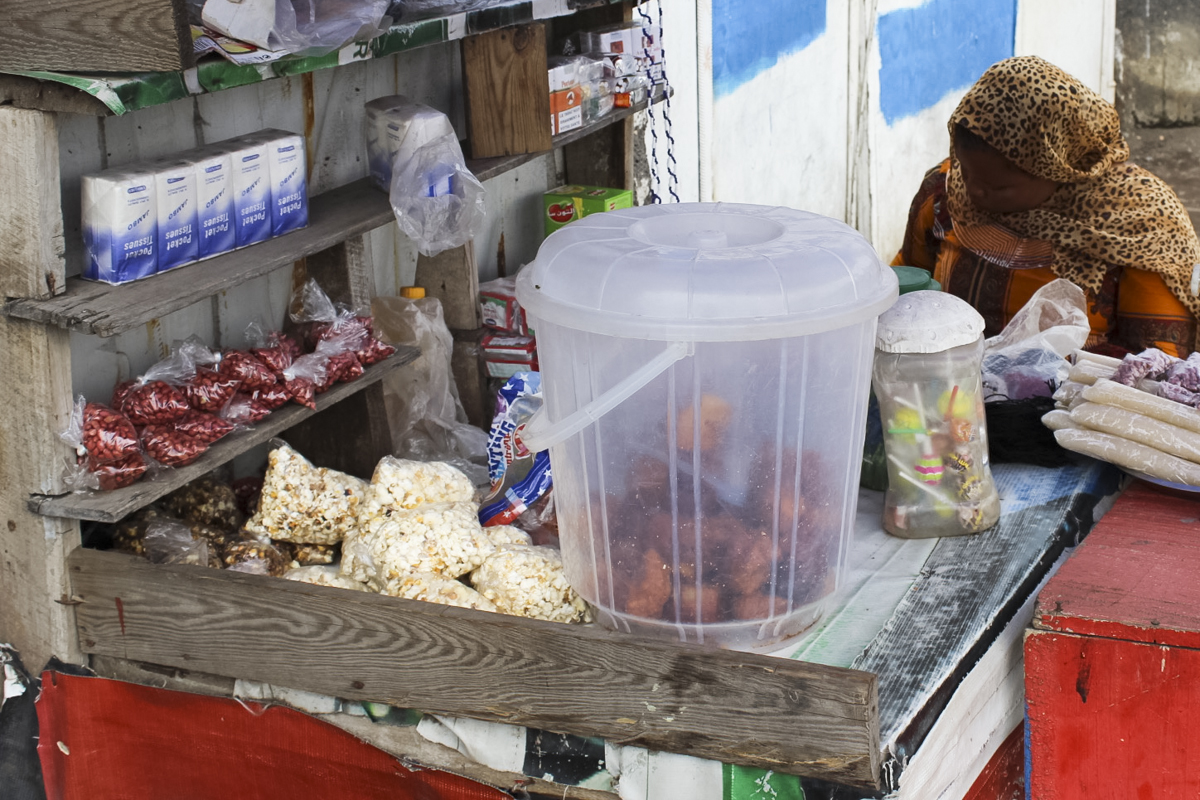GOMA, DEMOCRATIC REPUBLIC OF CONGO — Conflict in much of the eastern part of DRC is blamed on tension between tribes, but experts say a wave of increasingly bloody violence in Beni, a northeastern region that abuts Virunga National Park, is being meted out by the Allied Democratic Forces (ADF) an insurgency group of Ugandan origin.
There are about 500 combatants in the ADF, most of whom are Islamists who want to establish Shariah law in Uganda, according to MONUSCO, the United Nations stabilization mission in DRC.
More than 400 people have died due to ADF activity in the Beni region, according to numbers reported by Radio Okapi, a Congolese radio station supported by MONUSCO.
While the Congolese army and U.N. forces have had some successes against the ADF, a 2014 report released by the U.N. Group of Experts on the DRC stated that military efforts weakened but didn’t defeat the armed group.
Many Congolese avoid speaking publicly about the conflict due to extreme sensitivities about the topic. But some agreed to go on record when Global Press Journal’s DRC reporters asked them what they think it will take to end violence.



“Bad governance is often a recipe for unstable institutions. Authorities should engage in a bilateral dialogue. A reshuffle especially in the military chain of command in Beni is needed.”



“[Let’s] create a legal framework, support the need for a dialogue and consensus among all the parties to the conflict as a prerequisite for arriving at a compromise to restore peace and end conflicts.”



“Enhance dialogue between communities regardless of their tribe or tendency. People have to be able to engage in dialogue. It is important to organize training in human rights, especially around collaboration between civilians and the military. We need to find ways to conduct discussion sessions that will help foster cohesive leadership at the local levels.”



“Authorities should come together in dialogue to look into how to restore peace and prevent wars.”



“This calls for more investment in the public sector and job creation to reduce unemployment, thus contributing to the reduction in the number of young people joining the armed groups.”



“Combatants want to voice their demands. The government should go to the negotiating table with the enemy. It needs to make concessions, perhaps then this would prompt combatants to cease hostility and be effective in bringing peace.”
Ndayaho Sylvestre translated interviews from French and Swahili.







